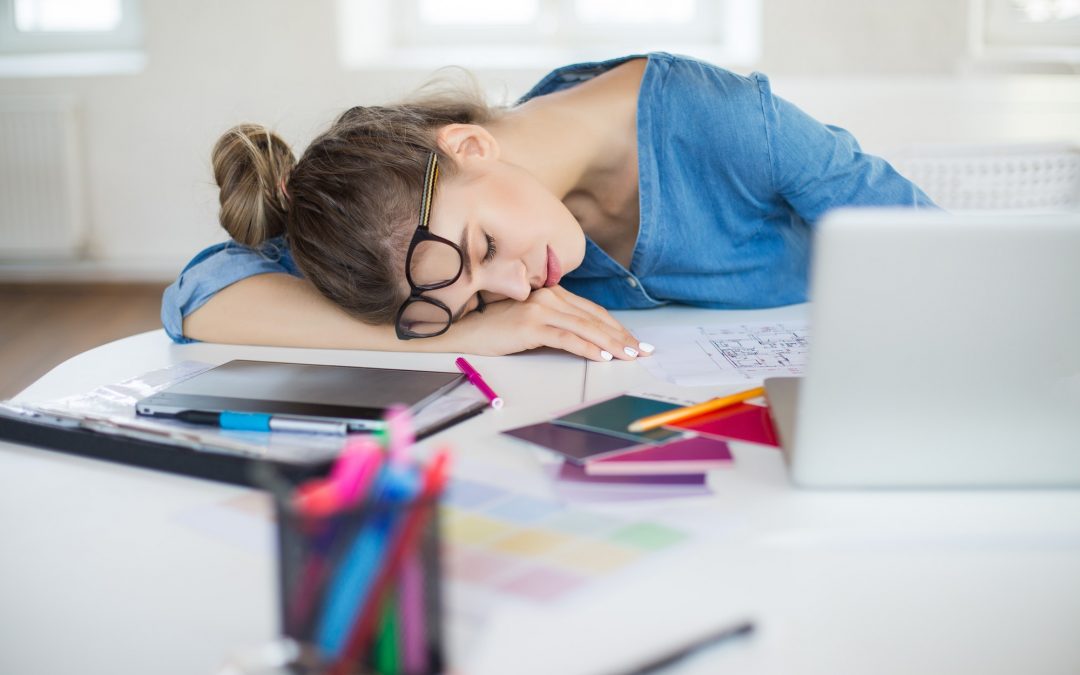Sleeping is essential to good health and overall wellness. Here are some tips to help you learn how to get a better night’s rest.
When it comes to health, regular exercise and a healthy diet are the first things that come to mind – but sleep is just as important. According to studies, poor sleep habits have immediate negative consequences on brain function, exercise performance, and hormones.
Moreover, it can also negatively affect your weight management and immune system. On the other hand, a good night’s rest can positively affect your performance, weight, and brain function.
To help you boost your health, try the following tips to get a better night’s rest.
1. Melatonin Supplements
If you have trouble sleeping, chances are you know about melatonin. Basically, it is a sleep hormone that tells your brain that it’s time to relax and sleep.
They are popular due to their effectiveness and are often part of insomnia treatments. When you’re traveling and have to adjust to a new time zone, they can help the body’s circadian rhythm acclimate.
Furthermore, they generally don’t cause any withdrawal effects, making them safe to use. As with any supplements, it’s best to start with slow doses and gradually increase it as necessary.
Consult your healthcare provider if you plan on using melatonin as a regular sleep aid.
 2. Other Supplements
2. Other Supplements
Besides melatonin, there are certain supplements that can help the body and brain relax enough to sleep comfortably. For example, some studies show that valerian root can improve overall sleep quality and help you fall asleep faster.
L-theanine is an amino acid that can also improve sleep and relaxation. Another supplement that can help is magnesium, which improves sleep quality and enhances relaxation.
You can find these supplements as standalone products or as ingredients in other supplements. For example, magnesium is one of the ingredients in L-arginine Plus, a heart health supplement.
By taking this supplement, you may help your overall sleep quality as well as your heart health. Look for supplements that combine various vitamins and minerals to get the best bang for your buck.
3. Daylight Exposure
Melatonin can help reset your circadian rhythm back to normal when traveling, but what is a circadian rhythm? Basically, it is the body’s natural time-keeping clock and helps the body stay awake during the day and sleep at night.
If your circadian rhythm is off, it will make it hard for your body to know when it’s time to fall asleep. One thing that may help is exposing your body to natural sunlight during the day (bright light also works).
Not only can it help you fall asleep faster, but it can improve energy levels through the day.
4. Avoid Blue Light
It makes sense that exposure to light during nighttime can hinder your sleep – a case which is especially true with blue light. Some of the worst offenders regarding blue light are electronic devices like computers and smartphones.
Chances are high that you look at your smartphone or computer right before falling asleep – so what can you do? Fortunately, there are a couple of things you can do to limit blue light exposure.
There are glasses available that block blue light or you can download an app that blocks blue light on your electronic device. Lastly, the most effective thing you can do is to stop watching tv and using electronic devices two hours before bed.
Regardless of what you choose to do, it’s important to make sleep a top priority and make sure you get between 7 and 8 hours of sleep per night. Otherwise, you may be unintentionally increasing your risk of heart disease and diabetes.


 2. Other Supplements
2. Other Supplements